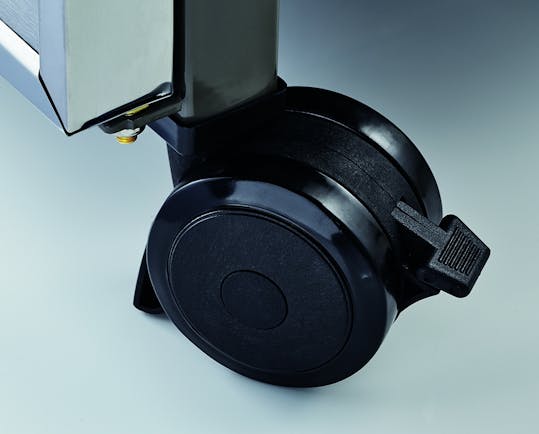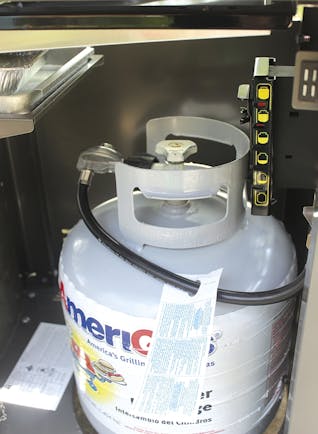Gas or Charcoal: The Debate Rages On
Few topics in life inspire such passionate debate as politics, religion, and—evidently—whether gas or charcoal grilling is better. In some parts of the U.S., barbecuing is kin to mysticism. What is the true nature of barbecue sauce? Which ingredient unlocks the secret flavor? How does smoke enhance the savory experience?
At Weber, we’ve heard it all. So, at the risk of offending the devout, we offer our insights into the great debate. Basically, we’re non-partisan. Any grilling is good grilling if it suits your needs and tastes.
We recommend the method that fits your lifestyle. Some folks feel a basic human need to make fire; they enjoy the hands-on experience of lighting charcoal. Some even like a challenge of charcoal grilling in cold, wet or windy weather.
Waiting for the charcoal to reach cooking temperature is half the fun for these folks (not to mention the post-dinner marshmallow roast over glowing coals). And the portability of the smaller grill is a must for grillers on the go.
Other folks want convenience and spontaneity. A gas grill allows them to instantly “fire it up” anytime and get down to cooking. Adjusting temperatures is as easy as turning a knob. Gas grills are inexpensive to operate, offer easy cleanup (the residue will burn off during preheating) and offer no resistance in inclement weather.
But what about flavor?
Charcoal fans insist the smoke from the coals best flavors a barbecue. Gas folks claim that quick cooking is the tastiest. Actually we think both are right. In blind taste tests we’ve run, people can’t detect significant taste difference between foods cooked on charcoal or gas grills. But then, taste is a personal issue, so we leave it to the backyard debaters to define their own standards. It’s a harmless sport, and it helps work up a good appetite.
Happy Grilling!
© 1995 Weber-Stephen Products LLC. Story from the Grill Out Times. Used with permission.


